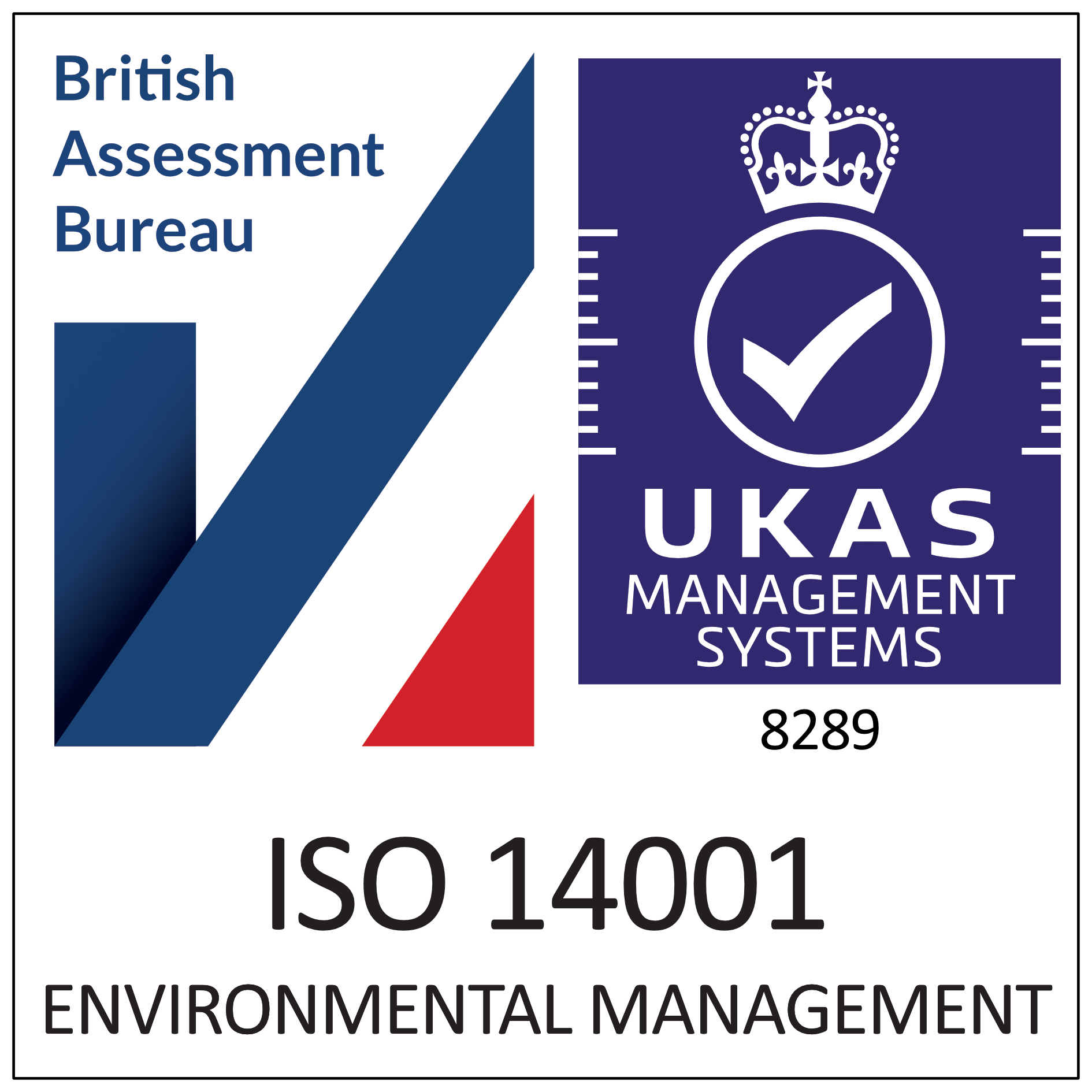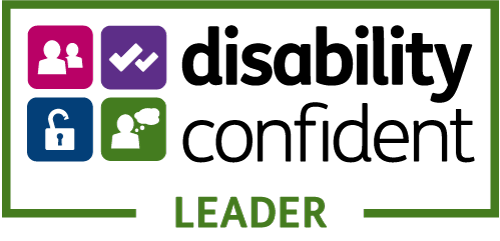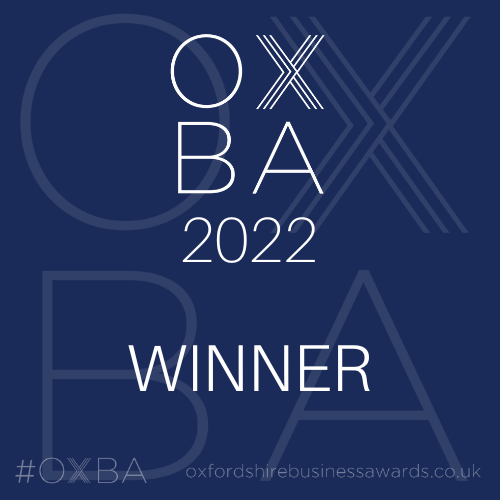








Please be aware we are currently experiencing some technical issues with our website. We are working to fix this as soon as possible and we apologise for any inconvenience. If you are having problems enrolling online please call our Admissions Team on 01235 216 400.
Find your perfect course from our full-time, part-time and professional qualifications
Looking for news or general information? Search our entire website
Course code: P09809
Subject area: Early Years & Early Childhood Studies FDA and BA (Hons)
Study level: Undergraduate
Course level:
Course time:
08:45 - 17:00
Days of week:
Tuesday
Course date:
9th Sept 2025 - 16th Jun 2026
Course location:
Abingdon CampusThe degree is designed to be responsive to the employment needs of the sector and the region. The dissertation, as well as other modules at level 6, encourages students to further develop established techniques of analysis and to make use of scholarly reviews and primary sources, using techniques previously explored in their studies. The course presents the opportunity to gain an early-years qualification that is ‘Full and Relevant’, which will enable you to be counted in ratios in early-years settings. This course will enable you to continue your studies in careers such as teaching, play therapy and family support.
The course runs for one day per week from 9am to 5.30pm. The faculty places emphasis on enabling students to develop the independent learning capabilities required for lifelong learning as well as academic achievement. Students are taught through a combination of lectures, seminars, and workshops, and supported through independent study sessions. In addition, meetings with academic tutors are scheduled at least 3 times during the year. You will be supported through group and individual tutorials. Students also have access to the Brookes Academic Support.
Although the course is one day per week, it is classed as full-time and therefore there is a substantial amount of self-study required in order to be successful on this programme. You should prepare for between 16 – 22 hours of self-directed study each week on top of your normal attendance at College.
All staff delivering on the course have a minimum qualification level at grade 6 and substantial experience of working within the early years education sector.
• Preparing for the dissertation• Literature for children• Representation of childhood• Outdoor Learning• Professional Roles• Reflective Practice• Dissertation
IELTS level 6.0 overall with 6.0 in reading and writing, 5.5 in listening and speaking (if English is not the first language).
If you need a student visa to enter the UK, you will need to meet the UK Visas and Immigration minimum language requirements. The University’s English language requirements can be found at www.brookes.ac.uk/international/how-to-apply/undergraduate/undergraduate-entry-requirements.
We include students with disabilities and/or learning difficulties into the life of the College and seek to offer opportunities for success in all courses at all levels. Please do not hesitate to contact us to discuss.
Whilst all core textbooks are available in the College and University libraries and online, students may wish to purchase their own copies. Prices of core textbooks range from £15.00 - £55.00.
All fees are payable to Oxford Brookes University at enrolment.
You can find information on our fees and on Student Finance at www.abingdon-witney.ac.uk/support/fees-bursaries. Please note tuition fees may increase in subsequent years both for new and continuing students in line with an inflationary amount determined by the University and all college partners.
£0.00
All staff delivering on the course have a minimum qualification level at grade 6 and substantial experience of working within a variety of early years settings.
Each module is completed with an assessed piece of work designed to enable exploration of themes that have been studied. Some assignments relate to your practice in your own setting and range from reflections on practice and in-class presentations and seminars to your cohort, to written essays, reports, and a small-scale research study.
There are no exams. Assessment is through coursework assignments and professional placement activity.








